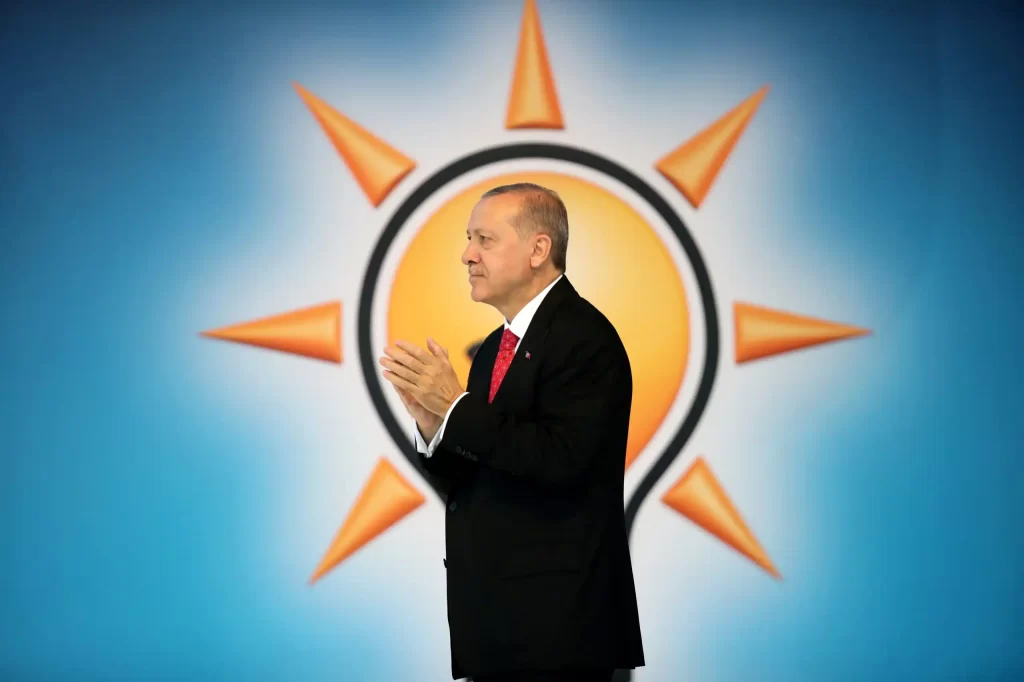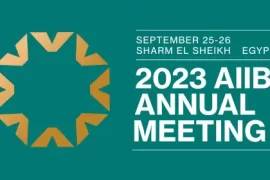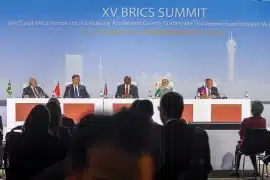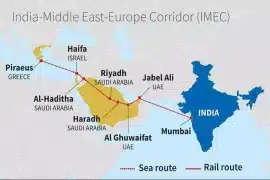
Turkish President Recep Tayyip Erdogan has once again hinted at the possibility of bringing forward the country’s elections to May (May 14), instead of the originally scheduled date in June (June 18). But, why does Erdogan want an early election?
It is worth noting that May 14th marks the 73rd anniversary of the country’s first free multiparty election, in which Prime Minister Adnan Menderes emerged victorious against the People’s Democratic Party (CHP), which is now Turkey’s largest opposition party. However, Menderes was later deposed and executed by the military. Erdogan often cites Menderes as an inspiration.
However, Erdogan’s announcement of an early election lacked a clear justification, with only a reference to “seasonal conditions” provided.
AKP’s Parliamentary Deputy Speaker, Sureyya Sadi Bilgic, later cited religious holidays such as Eid al-Adha and the annual pilgrimage to Mecca, as well as university entrance exams as reasons for the decision.
Despite these cited reasons, it is believed that underlying motives may exist.
Firstly, this decision, if implemented, would leave the country’s political opposition with less than five months to nominate a contender.
A coalition of six opposition parties, known as the Table of Six, has been formed to challenge President Erdogan in the upcoming elections. The coalition aims to provide a shared platform for restoring parliamentary democracy in Turkey.
However, the coalition has not yet announced its candidate for the election, while President Erdogan has already declared his intention to run again.
Secondly, Erdogan may have called for an early election in Turkey because he perceives the current political climate as favorable.
His government has undertaken policies such as early retirement rights, pay increases for public workers, housing projects and ultra-low interest rates.
The country has also recently experienced a significant decrease in inflation to 64.2% and relative stability of the lira. The weakened lira has increased exports and manufacturing, while low interest rates have driven consumer spending.
However, these pay increases may not be enough to compensate for the hyperinflationary economy, and the lira’s stability is dependent on swap injections from Russia and the Middle East.
Additionally, these election promises have come at a significant cost to the government budget, with the budget deficit now at a record high.
Thirdly, Erdogan’s use of foreign policy for domestic political gain is unprecedented.
Erdogan’s efforts to improve relations with the Syrian regime and facilitate the return of Syrian refugees, his opposition to NATO membership for Finland and Sweden citing national security concerns and specifically Sweden’s support for the Kurdish militant organization PKK, and ongoing conflicts with Greece are believed to give him a strategic advantage in the upcoming election.







